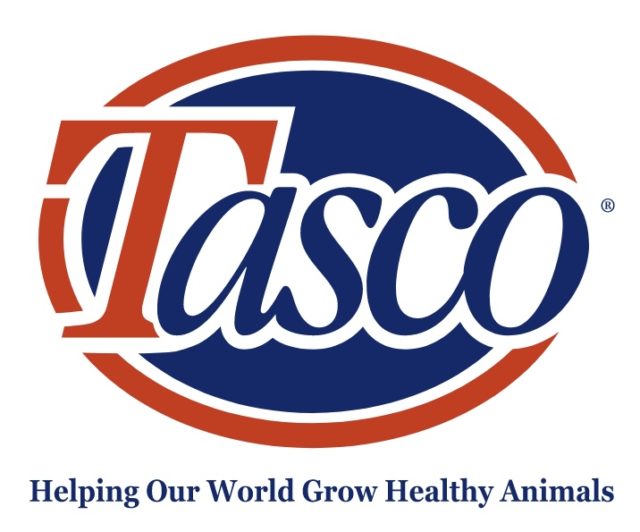Cases such as this one brings back, front and center, the importance of biosecurity best management practices at the farm. S. Dublin, a bacterium particularly aggressive and often deadly to young calves, is also transmissible to people. It came from infected veal calves from the U.S., and the concern over it has grown in Ontario and Quebec in recent years.
Limiting the introduction and spread of infectious diseases can directly impact farm profitability. Farmers who have had to manage infectious diseases such as Salmonella Dublin know it is financially and emotionally draining, not to mention the time it takes to control the disease.
Farmers in Quebec have diligently worked with their veterinarians and Ministry of Agriculture to counter the insidious threat of Salmonella Dublin. In February 2016, it was feared this would spread widely.
However, the efforts to heighten biosecurity measures on farms have been successful. Instead of the anticipated widespread disaster, the situation at the end of 2017 was: S. Dublin remained sporadic and cases of humans infected (farmers, veterinarians, etc.) were half of what they were earlier. So biosecurity proved effective.
This new disease illustrates why the proAction initiative includes a biosecurity module, which aims to raise the awareness of those involved in the operation (farmers, veterinarians, other farm stakeholders) rather than prescribing strict or absolute biosecurity rules.
It does not mean visitors are not welcome on Canadian dairy farms – they continue to be. However, conscientious farmers seeking to reduce risks will provide visitors with practical ways to protect their animals and people.
September 2019 will mark the start of a period of official risk assessment to identify and address risks on your farm. Now is a good time to talk to your vet and think about biosecurity on your farm because we all care about healthy animals. ![]()
Dairy Farmers of Canada
Founded in 1934, Dairy Farmers of Canada (DFC) is the national organization which defends the interests of Canadian dairy farmers and strives to create favourable conditions for the Canadian dairy industry.
Working in accordance with supply management principles, DFC promotes safe, high quality, sustainable and nutritious Canadian dairy products made from 100% Canadian milk through various marketing, nutrition, policy and lobbying initiatives.
Driven by a strong sense of community and pride, DFC and Canadian dairy farmers actively support a number of local and national activities. Visit Dairy Farmers of Canada for more information.
A few biosecurity tips for farmers
- Test new animals before purchasing them.
- Isolate new arrivaals and monitor their health for two weeks.
- Designate a parking area in the yard to prevent outside vehicles from bringing contaminants too close to your barn.
- Post signage near the parking area to notify suppliers and visitors of your farm’s biosecurity protocols.
- Advise suppliers they must wear clean boots to access livestock or feed areas.
- Show suppliers where they can disinfect their boots before and after entering your barn, or provide them with clean boots or boot covers.
- Ask suppliers to avoid any unnecessary contact with feed or animals.
Biosecurity tips when visiting dairy farms
- Before you go, know about the biosecurity protocols of the farms you visit.
- Park in designated areas.
- Wait for the farmer before entering the barn.
- Wear footwear easy to wash and disinfect.
- Wash your boots before and after each farm visit if visiting multiple farms.
- Carry a disinfectant for boots in your vehicle.
- Wear disposable plastic boots over your footwear.








